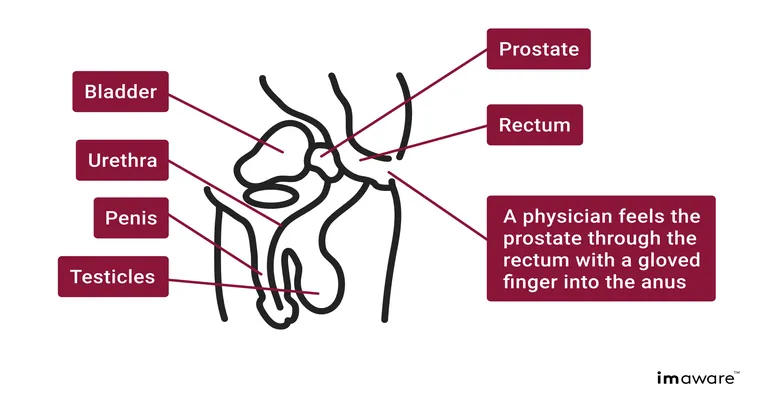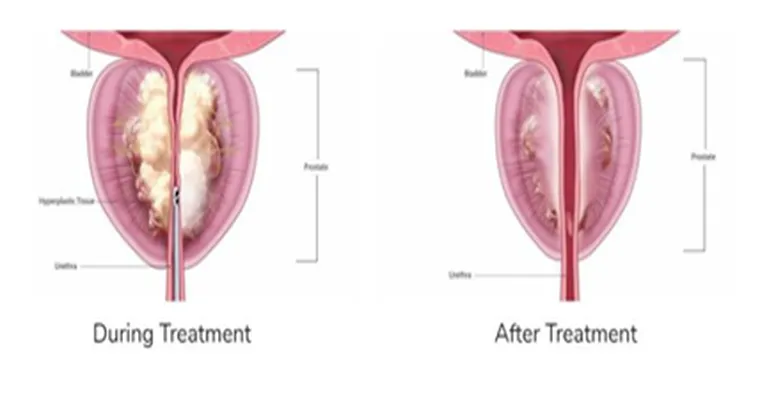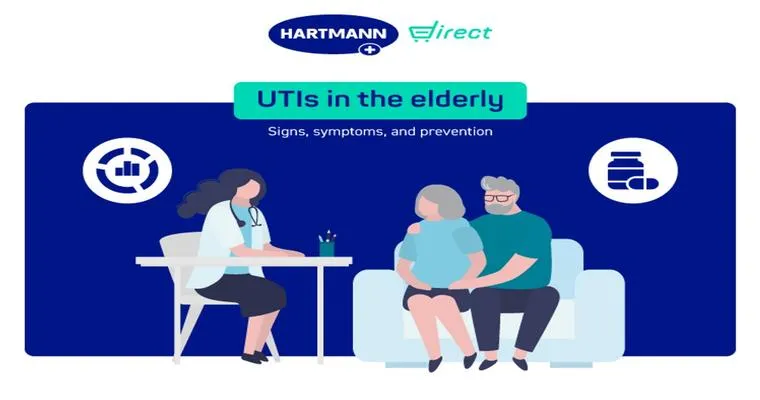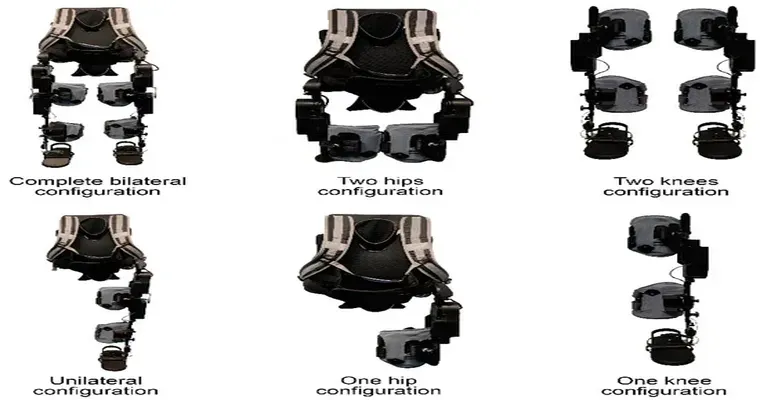
Selected reviews about elderly care communities
Selected reviews about elderly care communities offer valuable insights into the experiences of residents and their families. These reviews can highlight the strengths and weaknesses of different communities, helping you make an informed decision when choosing the right care for your loved one.

What to Serve Seniors at a Cookout
When hosting a cookout for seniors, focus on easy-to-eat, nutritious options. Grilled chicken or fish, soft vegetables, and whole grain buns are excellent choices. Offer lighter sides like fruit salads or coleslaw, and keep beverages refreshing with water, herbal teas, or light lemonades. Ensure seating is comfortable and accessible.

5 Fabulous Sandwich Recipes to Honor the Sandwich Generation
Explore five delightful sandwich recipes that celebrate the Sandwich Generation, balancing the needs of both aging parents and busy children. From hearty grilled cheese with a twist to nutritious wraps packed with veggies, these creations offer comfort and nourishment, making mealtime a joyous occasion for every family member.

How do I fix grand chicken dinner for Mom where the pop-up never popped up 2.5 hours later?
After waiting for 2.5 hours, the pop-up for the grand chicken dinner never appeared. To fix this, check the oven temperature, ensure the chicken is properly seasoned and cooked through, and consider using a meat thermometer for accuracy. If needed, adjust cooking time for crispy skin and tender meat.

Cooking Is Good Therapy...
Cooking serves as a therapeutic outlet, allowing individuals to express creativity and relieve stress. The process of preparing meals can foster mindfulness, provide a sense of accomplishment, and promote emotional well-being. Engaging in culinary activities often brings comfort and joy, transforming simple ingredients into nourishing experiences for both body and soul.

If your loved one has swallowing problems, I found some solutions I would recommend.
Swallowing difficulties can be challenging for both the individual and their caregivers. I have discovered several effective strategies and resources that can help improve safety and comfort during meals. These solutions focus on dietary modifications, specialized utensils, and techniques that promote easier swallowing, ensuring a better dining experience for your loved one.

Yoga for Caregivers: The Natural Way to Relieve Stress & Pain
Yoga for Caregivers offers a holistic approach to managing stress and pain through gentle practices tailored for those who provide care. It emphasizes mindfulness, breathwork, and physical postures to promote relaxation and emotional well-being, empowering caregivers to nurture themselves while supporting others in their journey.

Simple At-Home Exercises to Help You Stay Strong and Mobile
Simple at-home exercises can enhance strength and mobility, requiring minimal space and equipment. Incorporating bodyweight movements like squats, lunges, and stretches into your routine promotes flexibility and stability. These exercises are accessible for all fitness levels, helping to maintain physical health and independence in daily activities.

How to test prostate in men with dementia?
Testing the prostate in men with dementia requires a gentle and compassionate approach. It's essential to ensure the patient feels comfortable and understands the procedure. Involve caregivers to provide support and use clear, simple language. Always consider the individual’s mental state and preferences, and prioritize their dignity throughout the process.

My husband has had prostate surgery. He can't have sex and still has the urge. It's hard work to accomodate him & painful for me.
My husband underwent prostate surgery, leaving him unable to engage in sexual activity despite still experiencing urges. This situation presents significant challenges for both of us, as I strive to accommodate his needs, but it often leads to emotional strain and physical discomfort for me, complicating our intimacy.

How to deal with recurrent bladder infection/UTI in elderly male, each time causing delirium or delusion? Or is it early sign of dementia?
Recurrent bladder infections in elderly males can lead to delirium or delusion, often mistaken for early dementia. Addressing UTIs involves maintaining hydration, practicing good hygiene, and regular medical check-ups. It's essential to differentiate between infections and cognitive decline, seeking professional evaluation for appropriate treatment and management strategies.

How can I prep my husband, who is totally bedridden, for a colonoscopy? Doctor prescribed a two day prep.
To prepare your bedridden husband for a colonoscopy, ensure he follows the doctor's dietary instructions, which typically involve a clear liquid diet. Help him stay hydrated with broth, clear juices, and electrolyte solutions. Provide medications as prescribed and assist with bathroom needs. Maintain a calm environment to reduce any anxiety.

Does anyone have experience using the new Exoskeleton devices for walking? FDA/Medicare approved for stroke survivors and spinal cord injuries.
Exoskeleton devices for walking have gained attention for their potential benefits to stroke survivors and individuals with spinal cord injuries. Recently approved by the FDA and Medicare, these innovative devices assist users in regaining mobility, improving rehabilitation outcomes, and enhancing overall quality of life through advanced robotic support and technology.

My mom is 99 and has mild dementia with a rectal prolapse. Help?
Caring for a 99-year-old mother with mild dementia and a rectal prolapse can be challenging. It's essential to ensure her comfort and dignity while managing her health issues. Seeking professional medical advice for the prolapse and exploring support services for dementia care can significantly improve her quality of life.

Wanted to share an event that transpired today with my family.
Today, I had a memorable experience with my family that brought us closer together. We shared laughter and stories over a delicious meal, creating lasting memories. The warmth of our connection reminded me of the importance of family time, and I felt grateful for these moments that strengthen our bonds.

The Mediterranean Diet: A Big Reason Why I Feel as Good as I Do
The Mediterranean diet emphasizes fresh fruits, vegetables, whole grains, and healthy fats, promoting overall well-being. Rich in nutrients and flavor, it encourages mindful eating and a balanced lifestyle. This approach not only enhances physical health but also fosters a positive mindset, contributing to my vibrant energy and overall sense of wellness.

What precautions can be taken to prevent prostate cancer?
To help prevent prostate cancer, maintain a healthy diet rich in fruits, vegetables, and whole grains while limiting red meat and dairy intake. Regular exercise and maintaining a healthy weight are essential. Regular screenings and discussions with a healthcare provider can also aid in early detection and risk assessment.

I'm 'Celebrating' 20 Years with Prostate Cancer!
Celebrating two decades with prostate cancer marks a journey of resilience and hope. This milestone reflects the strength found in facing challenges, the importance of support from loved ones, and the advances in treatment that have made a difference. It's a testament to living fully and embracing life despite uncertainties.

An Overview of Prostate Cancer
Prostate cancer is a common malignancy affecting the prostate gland in men. It typically develops slowly and may remain asymptomatic in early stages. Risk factors include age, family history, and ethnicity. Diagnosis often involves PSA testing and biopsies, while treatment options range from active surveillance to surgery and radiation therapy.

Medical Tests for Prostate Problems
Medical tests for prostate problems typically include a digital rectal exam to assess the prostate's size and texture, prostate-specific antigen blood tests to detect elevated levels, and imaging studies like ultrasound or MRI for detailed visualization. A biopsy may be performed if cancer is suspected, aiding in accurate diagnosis and treatment planning.

Has anyone noticed that sofas/chairs built today are for much taller people?
Many people have observed that modern sofas and chairs are designed with taller individuals in mind. This shift in furniture design often prioritizes higher seat heights and deeper cushions, potentially making comfort a challenge for shorter users. The trend reflects changing demographics and lifestyle preferences in contemporary living spaces.
Page 22 of 134